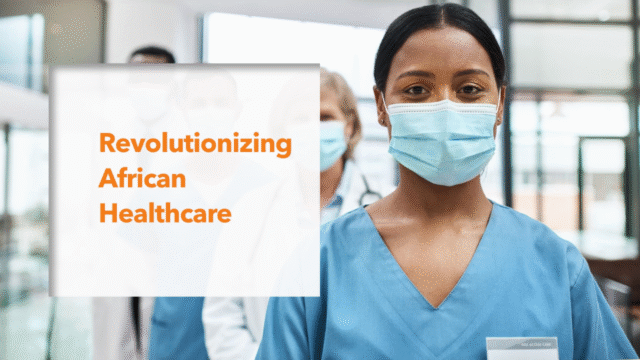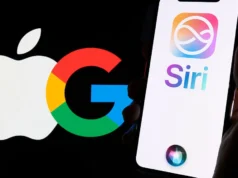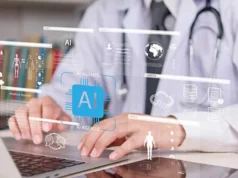The UNICCON Group of Companies is making a bold push to reshape healthcare across Africa by advocating for artificial intelligence (AI) to take centre stage in diagnostics. In their view, AI-powered medical tools don’t just represent a technological upgrade — they could be a game-changer in dramatically improving access and quality of care across the continent.
At the heart of UNICCON’s pitch is MySmartMedic, an AI-driven telemedicine platform that has already been piloted in rural Nigeria. The Company argues that integrating such innovation into national health systems could tackle challenges that have long plagued African healthcare — from limited medical infrastructure to shortages of healthcare workers.
Table of Contents
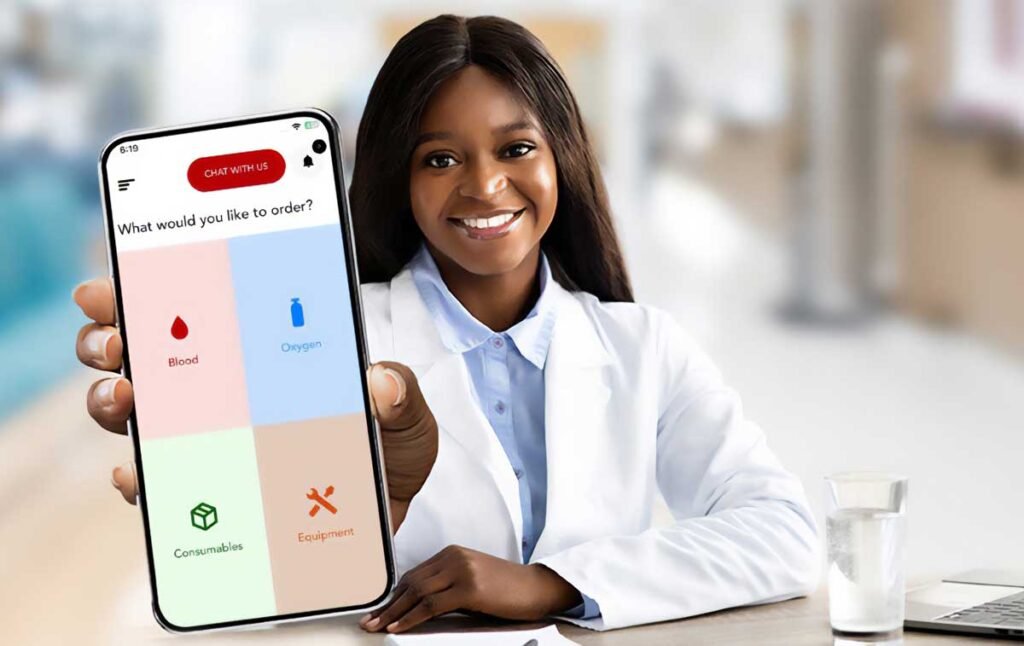
What MySmartMedic Offers: Efficiency Meets Equity
According to UNICCON’s leadership, MySmartMedic is not simply a tool for the rich or urban dwellers — it’s designed as a social-impact solution that bridges deep healthcare divides.
Here are some of its core features:
- Virtual Consultations: Patients can talk to qualified doctors using video, audio or chat — no need to travel long distances for routine care.
- Smart Symptom Analysis: The AI system analyses symptoms, gives possible next steps, and helps triage cases.
- E‑prescriptions and Drug Delivery: Users can get prescriptions and have medication delivered — reducing barriers to treatment.
- Specialist Access: The platform doesn’t just stop at general healthcare. It supports chronic disease management, mental health, dermatology, and more.
- Reduced Pressure on Government Facilities: By shifting some consultations into the digital space, MySmartMedic could ease the burden on public hospitals.
Prof. Chuks Ekwueme, UNICCON’s Chairman, emphasises: “Healthcare should be convenient, not complicated.” He believes MySmartMedic is a tool that can deliver quality medical advice in minutes — regardless of where or how much someone can afford.
The Ask: Integration Into Public Health Systems
UNICCON isn’t just promoting MySmartMedic as a standalone service; they are strongly advocating for its adoption within the public health infrastructure. During the pilot in Galadimawa, a village in Abuja, the company urged the Federal Government to fold its AI solution into existing hospital management systems.
They argue that for AI-driven telemedicine to yield its full potential, it must be woven into national strategies — not just treated as a tech startup side‑project. With Nigeria’s doctor-to-patient ratio still well below WHO standards, this integration could help plug massive gaps.

Challenges and Risks: More Than Just the Technology
While UNICCON’s proposal is ambitious, the road ahead isn’t without steep hurdles.
- Infrastructure Limitations
Many rural health centres in Africa struggle with unreliable power supply and limited internet access. Without robust infrastructure, some of MySmartMedic’s most innovative features may remain out of reach. - Data Governance and Ethics
As AI brings sensitive patient data into the mix, questions of privacy, ownership, and algorithmic fairness loom large. Who owns the data? How is it protected? UNICCON’s plan must reckon with these issues. - Adoption by Public Institutions
Integrating AI tools into government systems is no small feat. Hospitals will need training, systems must be updated, and there will likely be resistance from stakeholders unfamiliar with digital-first care. - Trust and User Acceptance
For rural or underserved populations, trusting an AI-powered system may not come easily. UNICCON will need to foster confidence in both the technology and its practitioners.
Why This Could Be a Turning Point
If successful, UNICCON’s push could mark a major pivot in the way health services are delivered across Africa. Here’s why this moment matters:
- Scaling Access: By enabling virtual consultations and intelligent diagnosis, MySmartMedic could reach communities that traditional health systems have long overlooked.
- Optimising Resources: AI could help maximise limited medical workforce capacity, allowing doctors to focus on more complex cases while the AI handles routine triage.
- Aligning with Continental Goals: The Africa CDC has emphasised digital health and AI as central to a future of self-reliant, resilient health systems across the continent.
- Driving Local Innovation: If adopted widely, such platforms may spur further African-led innovation in AI and health technology — tailored to local needs rather than imported wholesale.
Looking Ahead: What Must Happen Next
For UNICCON’s vision to move from pilot to paradigm shift, several critical steps must be taken:
- Strategic Partnerships: Collaboration with government bodies, regulators, and local health institutions is non-negotiable.
- Infrastructure Investments: Improving rural internet, power, and health facility capacity will make or break adoption.
- Robust Data Policies: Transparent, ethical frameworks for data governance must safeguard patient privacy while enabling AI training.
- Community Engagement: Building trust will require education, outreach, and proof of value in real-life contexts.
- Monitoring & Evaluation: Continuous performance tracking and outcome measurement will be essential to refine and scale the model appropriately.
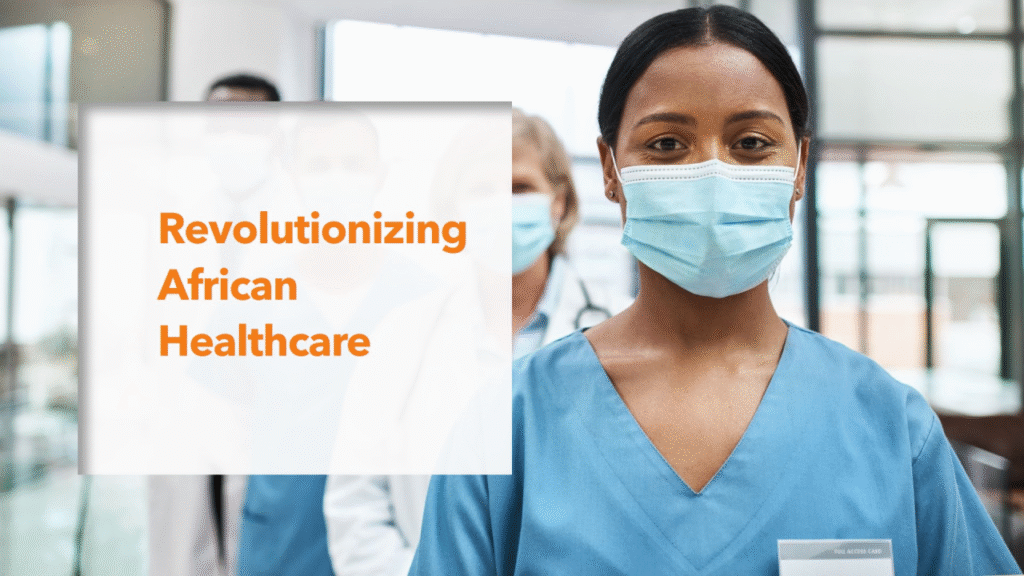
Conclusion
UNICCON’s campaign for AI-driven diagnostics in African healthcare isn’t just a tech pitch — it’s a bold vision for equity, efficiency, and impact. Through MySmartMedic, they are not offering gimmicks but grappling with real healthcare challenges: lack of access, workforce shortages, and stretched public systems.
The success of this vision could transform how millions of Africans receive care — not by building more hospitals alone, but by reimagining how healthcare is delivered in a digital age. But for that future to become real, infrastructure, trust, and strong public‑private collaboration will all have to align.
Join Our Social Media Channels:
WhatsApp: NaijaEyes
Facebook: NaijaEyes
Twitter: NaijaEyes
Instagram: NaijaEyes
TikTok: NaijaEyes


